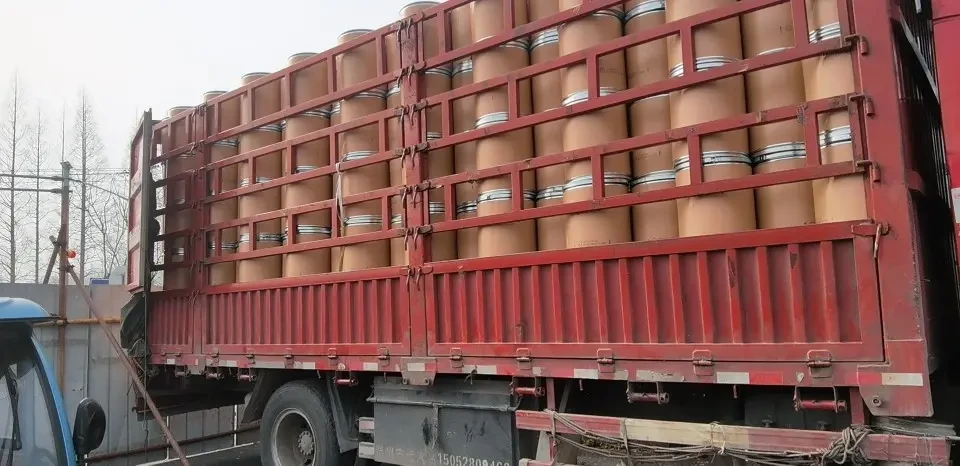Additives for Plastic Recycling Enhancing Efficiency and Quality
Plastic recycling has become a vital aspect of waste management as the global demand for sustainable practices increases. With millions of tons of plastic ending up in landfills and oceans each year, the importance of developing efficient recycling methods cannot be overstated. One innovative solution to improve the quality and efficiency of plastic recycling is the use of various additives designed to enhance the properties of recycled plastics.
Additives for plastic recycling can serve multiple purposes. Primarily, they are used to improve the mechanical properties of recycled plastics, making them suitable for various applications. Common additives include impact modifiers, stabilizers, and compatibilizers. Each of these plays a crucial role in ensuring that recycled plastics meet the necessary performance standards.
Additives for Plastic Recycling Enhancing Efficiency and Quality
Stabilizers are another important category of additives. They protect recycled plastics from degradation caused by heat and UV radiation during processing and use. Plastics can lose their mechanical properties through thermal and photodegradation, which is particularly concerning for products exposed to outdoor elements. Stabilizers help to prolong the lifespan of recycled plastics, making them more viable for consumer applications.
additives for plastic recycling

On the other hand, Compatibilizers play a critical role in the recycling process by facilitating the mixing of different types of plastics. Since plastics often have varying molecular structures, their compatibility can be a significant challenge during recycling. Compatibilizers improve the interfacial adhesion between different polymer types, leading to better-quality recycled products. This is particularly important when recycling mixed plastics, which is common due to the complexity of plastic waste streams.
The incorporation of these additives into the recycling process not only improves the quality of the recycled products but also enhances the overall efficiency of the recycling process. They can help reduce energy consumption during processing and enable a higher yield of usable materials. Ultimately, this contributes to a more sustainable approach to plastic waste.
Moreover, the use of additives in plastic recycling aligns with broader environmental goals. By improving the properties of recycled plastics, manufacturers can create products that meet consumer demands without relying solely on virgin materials. This reduces the environmental footprint of plastic production and promotes the circular economy, where materials are continuously reused and recycled.
In conclusion, additives play a crucial role in plastic recycling, enhancing the mechanical properties and performance of recycled materials. As the industry continues to evolve, the development of new and more effective additives will be essential in addressing the challenges faced in plastic recycling. By investing in such innovations, we can pave the way for a more sustainable future, where plastic waste is effectively transformed into valuable resources.

